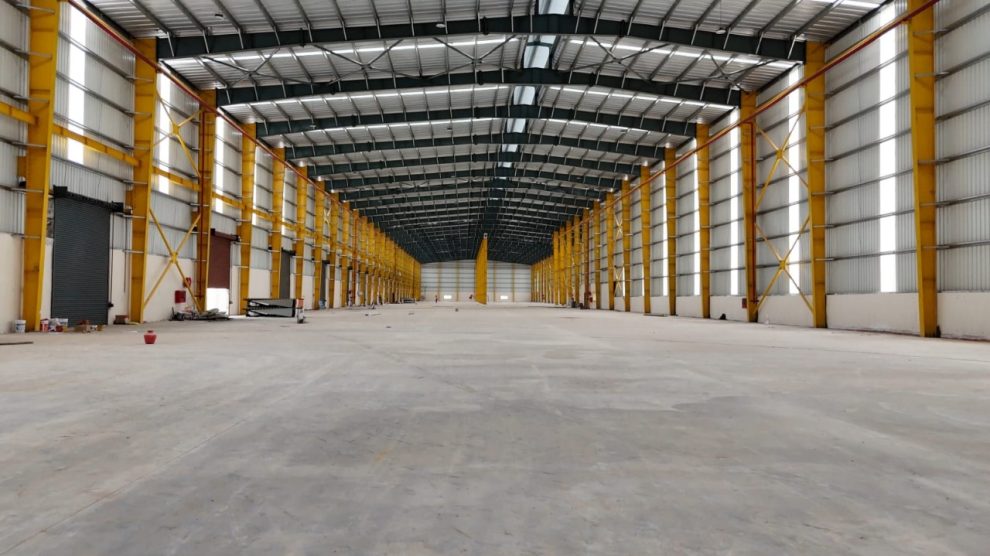Many enterprises now consider storage and distribution as essential parts of their supply chain. For companies like online retailers, small scale manufacturers, or an expanding distributor, having the warehouse for rent in Nonthaburi (โกดังให้เช่า นนธบุรี, this is the term in the Thai) makes operations effortless unlike costly delays.
Owning vs. Renting: What is the Preferred Option
A business owner’s first query often centers around whether to buy or lease a warehouse. Most businesses, especially smaller ones willing to invest gradually will find renting more beneficial.
After determining a warehouse for lease, hiring additional employees, launching a marketing campaign, or diversifying product offerings becomes easier because a business’s working capital is no longer tied down to the lease. Aside from high maintenance costs, maintaining a warehouse brings expensive down payments, taxes, and a long-term financial obligation. Flexible terms and on-demand payment duration of renting suits many businesses needs.
This adaptability is revolutionary for startups as well as for businesses that are cyclical in nature. Take for example, an ecommerce shop; they may require additional storage space during festive sales but wouldn’t need it during off-seasons. Such businesses are able to rent space and optimize their storage without being bound to a large property throughout the year.
What to Consider in a Warehouse Rental
Warehouses differ in a multitude of ways, and going out to select the first one you find could lead to severe operational damages. Therefore, understand your needs and must-haves by the following things-
Location- Location is of utter importance. Having the right warehouse can tremendously save on delivery time while fuel costs are also reduced. This is especially true with regards to meeting customer demands. For Login supply, select a warehouse that is close to highways, or even ports and airports. While major customers usually lie within a city, it is highly recommended to consider fast access facilities towards main roads and local distribution networks.
Adequate Size – Every square foot matters. So, simulating how much space is actually needed is of vital importance. Check if every square foot serves a purpose and consider future growth. In particular, think about space requirements for forklifts, pallets, or specialized storage racks. Lastly while investing in streamlining operations; low staff efficiency, high shipment delays and cramped layouts greatly counteract profitability. Keeping these factors in mind will increase operational agility and adaptability.
Safety and Security – Security for inventory is a major priority for any business, and accessible fire safety systems paired with secure fencing make for excellent first steps. On top of that, CCTV, along with controlled access points greatly mitigates inventory risk. Before committing to a property, cross-check local safety codes. More importantly, see if the landlord is willing to implement critical security updates if the property proves beneficial.
Renting the ideal warehouse requires more than selecting attributes. This is a tactical decision that can make or break your entire operations. If done right, with a well-thought out approach and agile negotiating strategies, renting a warehouse could greatly facilitate business growth and expansion without draining too much money upfront.














